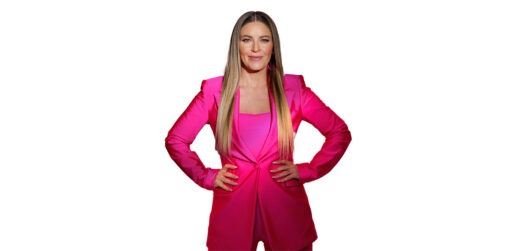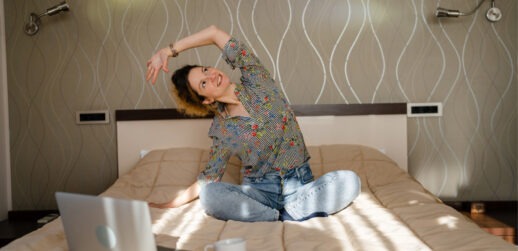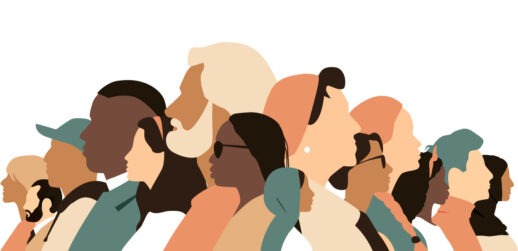The importance of building a personal board of advisors
Seattle Convention Center’s first female CEO, Jennifer LeMaster, replaced retiring leader Jeff Blosser last September, and she is poised to lead one of the most impactful years in the city since the World’s Fair rolled through in 1962: the arrival of the FIFA World Cup in 2026. LeMaster’s 26-year career started in college sports at the University of Kentucky Athletics Association, leading marketing and special events.
She then joined Georgia World Congress Center and Mercedes-Benz Stadium, wrapping up as a hotel project development lead for the $520 million Signia by Hilton Atlanta. She shared her journey on a panel at Northwest Events Show.
Smart Meetings:
How did you develop your leadership skills?
Jennifer LeMaster:
I have spent a small fortune on emotional quotient (EQ) analysis so I could know myself. Self-awareness is critical. When your job carries a title that enters the room before your personality does, it’s important to know how you show up, what causes stress and what that feels like to others.
Read More: A Demonstration of Extraordinary Event EQ
SM:
What have been the challenges moving up in the ranks as a woman?
JL:
Imposter syndrome is real. We have all heard that women want to check the box on a job description before they apply. But there’s something more practical than that holding women back at the mid-level stage. It’s called the broken rung. It’s the time in a woman’s life when she considers having children and her career stalls. If we could figure out how to retain more women in leadership roles in their 20s and 30s, when a lot of women are expanding their families, then [we] would add a million more women a year into leadership.
The issue is always going to be access. No matter what group you’re talking about, it’s always about access. We’ve got to fix access to childcare and the way that our organizations respond to those of us who have people in our homes that we care for, whether it’s children or aging parents.
Even in two-income families, there’s usually someone running the ticker in their head about doctor appointments and homework assignments and poster boards, and it typically wasn’t men. Hopefully working from home during the pandemic helped everyone see the dynamic and that will change.
SM:
How might we offer more flexibility?
JL:
We are in the live event business that runs seven days a week. We are in an environment where we are being asked to exert ourselves to our maximum capacity and achieve at lightning speed, and you have to give people time to recover from that. My job as a leader is to set and maintain a sustainable pace. If I never take days off and I’m always on email and responding, then I’m setting the tone for my organization about what is required of everyone else. We have to be mindful that the way you work may not be the way your organization needs to thrive.
SM:
How did mentors and sponsors help you in your career?
JL:
I have been very fortunate to have started my career in sports, where mentorship is part of the culture. There are always people who have been there, helping those just starting out. It inspired me to develop my own personal board of advisors. And as I’ve gotten more mature, I have started to diversify my board of advisors. They will be honest with me. They are separate from my sponsors, cheerleaders and champions, the ones I can count on to say nice things when I am not in the room. Shed the detractors. If people are bringing you down or chipping away at you, just get rid of them.
SM:
Any final advice?
JL:
Critical thinking skills are crucial. I would be very suspicious of people who think that they know all the answers. I listen for people who ask questions and want to know why. These people are curious, and that makes all the difference.




